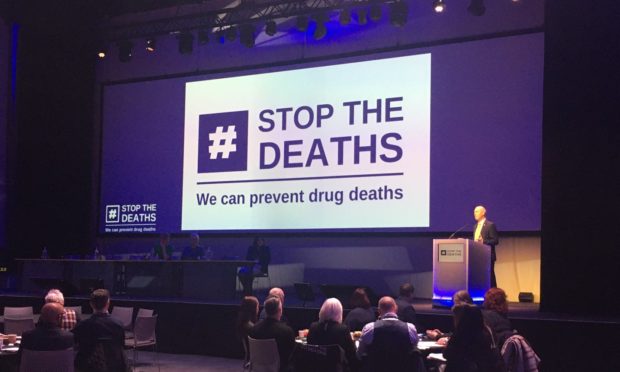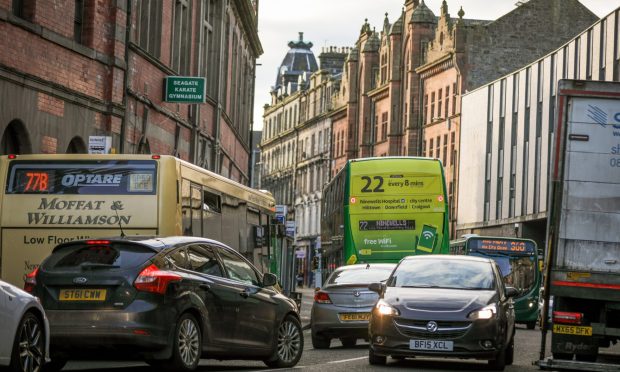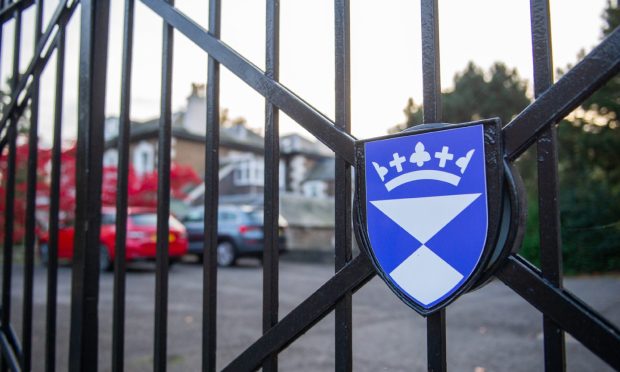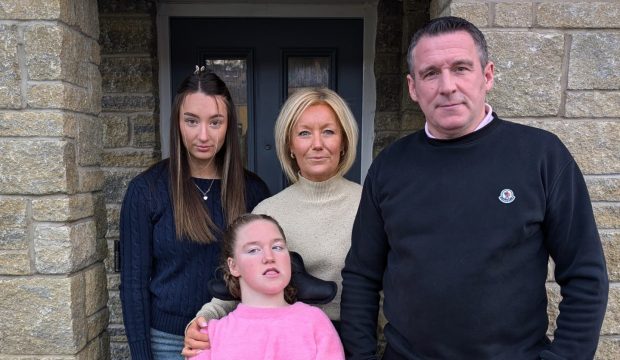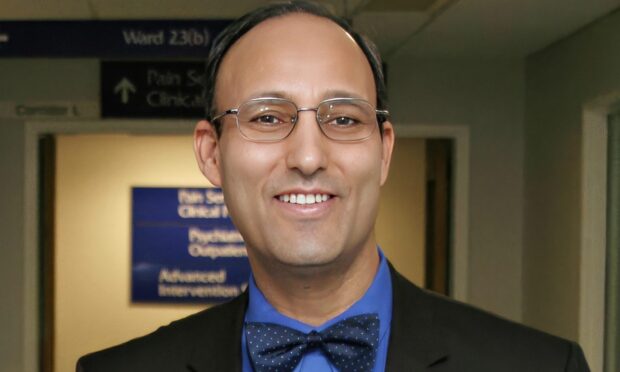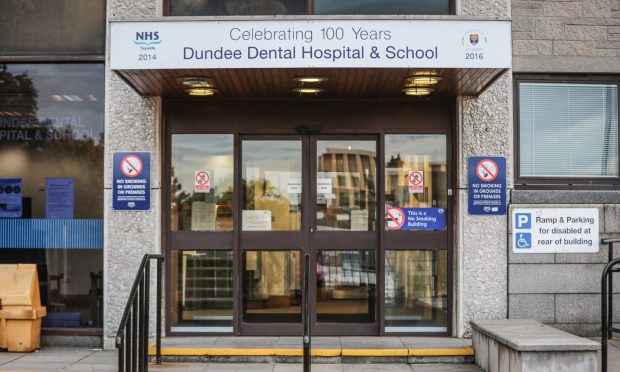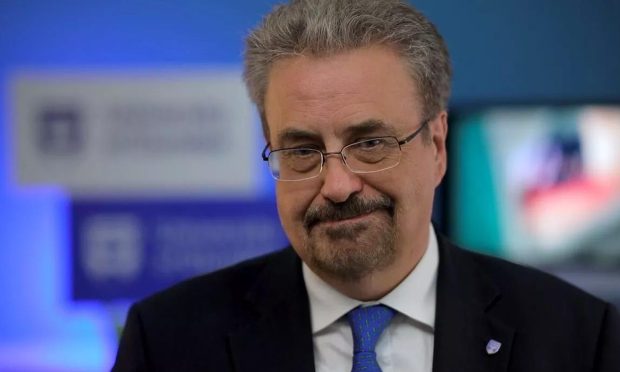Public health minister Joe FitzPatrick has said a safe injecting room would save lives in Dundee.
Speaking after the Scottish Drugs Deaths Crisis Conference at the SEC in Glasgow on Wednesday, Mr FitzPatrick said he would tell the UK Government it must change the law to allow the creation of the UK’s first safe injecting room in Glasgow.
But the Home Office has already refused to allow drugs policy charity Transform to set up a mock safe injecting room – also called an overdose prevention room – at its conference in the same venue on Thursday.
Drugs policy group Transform, which is calling for safe consumption rooms to be introduced, has been denied permission to attend tomorrow’s Home Office-organised summit. pic.twitter.com/D8olyQbJtz
— Stefan Morkis (@C_SMorkis) February 26, 2020
People who use them have access to safe, clean equipment and medical staff are also on hand in case of an overdose. People who use the services are also directed towards drug treatment services.
It is disappointing that the UK government is not prepared to look at all the evidence.”
The Dundee City West MSP said safe consumption rooms are no “silver bullet” but would save lives.
Mr FitzPatrick said: “I think it is disappointing that the UK government is not prepared to look at all the evidence, but I hope they will listen.”
“Clearly there is a difference between the way drugs laws are approaching in Scotland – we took the decision a few years ago to move it from justice to health. That’s the norm across Europe. The UK government is a little bit out of sync.
. @JoeFitzSNP and @SusaninLangside hearing about safer drug consumption rooms @TransformDrugs #stopthedeaths @scotgovhealth pic.twitter.com/V8ONryb5VB
— Liz Sadler (@lizsadler21) February 26, 2020
“I’m hopeful the UK government will agree to some legislative change, whether a permanent change or just to allow a pilot for a safe consumption room in Glasgow.
“There is likely to be good evidence this would save lives in Dundee, but the case would have to be made to the local community.”
There were 1,187 drug-related deaths in Scotland last year. Around a third of them occurred in Glasgow while Dundee also has one of the highest rates of drug-related deaths in the country.
Drug users who share injecting equipment are also blamed for an HIV outbreak in Glasgow.
Martin Powell from Transform said he estimates safe consumption rooms would save around 30 lives a year in Scotland.
“We are disappointed that the UK government did not want us at their event but we do know there are a lot of good people from other parts of their country who will make the case.
“We are confident the UK government will recognise drugs are more available than ever before, they’re stronger than ever before, they’re cheaper than ever before and they’re killing more people than ever before.
During the course of this summit, three or four people will have died in Scotland, nine or 10 across the UK.
Jim Duffy
“In that context it would surely be inconceivable for the government to say we will carry on doing what we’re doing.”
The summit also heard from several members of Scotland’s recovery community, on how support is needed to help beat their addictions.
But Jim Duffy, a former policeman from the Law Enforcement Partnership UK (LEAP) said wholesale reform of the country’s drug laws are needed to change lives.
During a question and answer session, he said: “During the course of this summit, three or four people will have died in Scotland, nine or 10 across the UK.
“The Scottish and UK governments need to realise there is a drugs industry and it is controlled by criminals using violence and intimidation. That needs to change.”
Analysis: The immediate future looks bleak when our governments can’t agree
Protesters outside the SEC in Glasgow held up a banner that proclaimed: “You keep talking we keep dying”.
They are urging politicians north and south of the border to take action to curb the soaring number of drug-related deaths in Scotland.
Unfortunately, two days of summits in Glasgow are unlikely to deliver any immediate solutions.
It’s not just because drug addiction is such a complex problem that encompasses poverty, childhood trauma and the influx of dangerous new drugs like street Valium, it’s that governments in Holyrood and Westminster fundamentally disagree on how to tackle it.
The Glasgow/Scottish Drug Death Crisis Conference. #stopthedeaths pic.twitter.com/ZBR2VYHAWY
— Richard Watson (@TichWatson) February 26, 2020
In fact, they can’t even agree on the nature of the problem itself.
The Scottish Government, like much of Europe, see drug abuse as a public health issue, which is why it is arguing for the power to create safe consumption rooms.
The UK Government, however, still treats drugs as a criminal justice matter, preferring enforcement rather than intervention.
Dame Carol Black will publish her review on drugs on Thursday. Whatever it finds, governments will need to find some common ground in order to reverse the rising tide of drug-related deaths.
